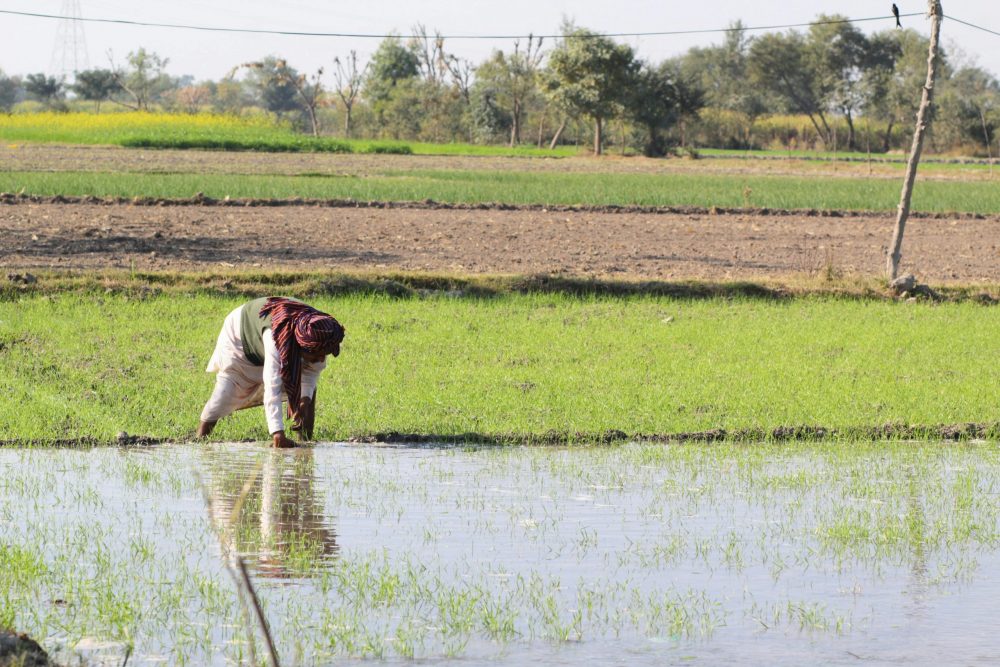Since 2013, the issue of governance reforms in the Federally Administered Tribal Areas (FATA) have generated considerable discussion, and the future status of FATA itself remains a central tenet of this conversation. While earlier a consensus around FATA’s merger with the neighboring province of Khyber-Pakhtunkhwa (KP) appeared to be forming, further debate since then has generated the alternative view of establishing a separate province or territory. The argument for the alternate view is grounded in apprehensions of becoming a backwater territory of KP, and having its designated funds diverted towards Peshawar and other central KP districts that are looking to compete with cities elsewhere in Pakistan. Unfortunately, lost in this broader debate is the impetus to move forward with reforming the administrative system in FATA, which everyone agrees needs amending.
In the midst of these opposing positions, all other agenda points on the reforms platform have been put on the back burner and the people of FATA have had to contend with a persistently inefficient governance system. In terms of funds utilization for development, this year has been particularly abysmal: As of 22nd February 2018 the total utilization of FATA’s Annual Development Programme (ADP) has been a mere PKR 5.8 billion out of the total outlay of PKR 24.5 billion development. This is especially alarming given that FATA does not get its share in the National Finance Commission (NFC) Award, which according to the latest FATA Reforms Committee was recommended to be at least 3 percent, i.e. about an estimated PKR 90 billion. So FATA is already given a mere fraction of what it should actually be receiving in development funds, and is failing to utilize even that fraction. Consequently, there are fears that this low utilization rate might lead the federal government to impose budgetary cuts of around 10 billion.
Over the years Pakistan has struggled to effectively reform its administrative setup or successfully institute a functioning local government system. Fortunately, FATA is ripe to take the lead in both these areas. Currently, FATA’s administrative staff in its Secretariat is deputed from the KP government. Given the inefficient performance of the Secretariat and the broader motivation to overhaul the system in FATA, there is a perfect opportunity to instill a system whereby qualified experienced professionals can be hired to lead the various departments at the secretariat level. For example, the directorate of health can be headed by an experienced public health specialist or someone with decades of experience as a health practitioner in the healthcare industry in the country. Similarly, an actual economist and statistician can be hired in the positions of chief economist and chief statistician respectively. A finance specialist or qualified accountant can be hired to head the finance department and a similar staffing criterion can be replicated with high impact in other departments. The world has long moved beyond a misplaced reliance on generalists, who head the education department one day and find themselves in charge of mineral development the next.
Furthermore, FATA has burgeoning educated youth in every field that is increasingly becoming frustrated with the lack of employment opportunities for them in their own government. This underutilized labor force also encounters a labor market with little to no economic activity in their own areas following the devastation caused by a decade of insurgent conflict and military operations. Therefore, the public sector will remain the main employer till economic conditions improve further. With the KP staff returning to their parent departments, this will give the opportunity for motivated FATA youth to be employed and feel invested in contributing towards the development of their area.
Similarly, the introduction of an empowered local government system is crucial. This will make locals active participants in the development of the region and help improve the abysmal disbursement rate of development funds by devolving spending decisions and implementation channels. It will also help mitigate the vulnerability being felt by locals in a positive manner, and reduce the risk of destabilization in the delicate stability in the region, achieved after a hard fought military operation. Given the centuries of local decision making through local jirgas in FATA, the implementation of an effective local government system is likely to be more successful in FATA than what has been achieved in other provinces.
In these challenging times for FATA, there is a rare opportunity for the region to achieve something the rest of Pakistan has been striving for: a chance for true inclusive indigenous development. It is imperative that the conversation move forward from controversial debates around the status of FATA and towards the genuine reforms that can transform the region and position it to be an active participant in the development of Pakistan.
Ghazan Jamal is a Country Economist at the International Growth Centre (IGC).




